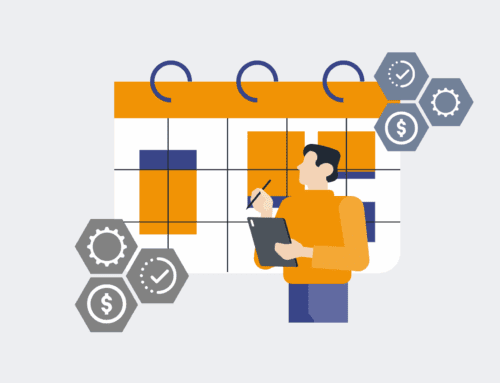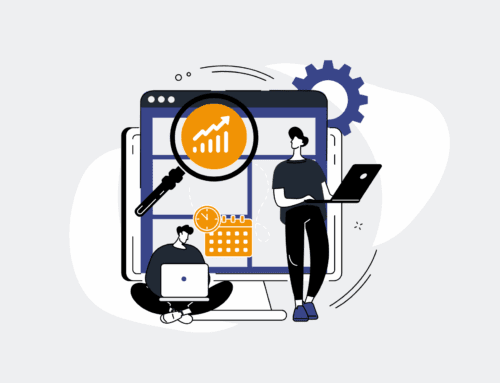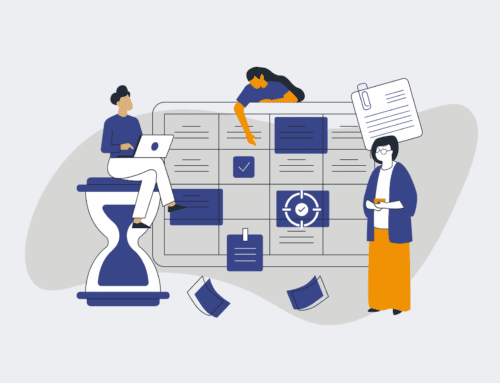Understanding AI’s Impact on HR: A Guide for Onboarding Managers
The first few weeks in a new role are critical. They set the tone for an employee’s journey, influencing productivity, engagement, and long-term retention. Yet, for many organizations, onboarding remains a fragmented, manual, and often overwhelming process. This is where artificial intelligence steps in, not as a replacement for human connection, but as a powerful amplifier for HR teams, particularly for onboarding managers striving to create a seamless, impactful welcome experience. At 4Spot Consulting, we’ve witnessed firsthand how integrating AI can transform this crucial phase, making it more efficient, personalized, and ultimately, more human.
The Shifting Landscape of Onboarding
Traditional onboarding often felt like a bureaucratic gauntlet: endless forms, generic presentations, and a sink-or-swim mentality. New hires, eager to contribute, instead faced a deluge of information and administrative hurdles. This approach not only frustrates new talent but also costs companies dearly in lost productivity and high turnover rates. The modern workforce, particularly younger generations, expects a more engaging, personalized, and digitally fluid experience from day one. They demand relevance, accessibility, and a clear path to understanding their role and the company culture. Meeting these elevated expectations without overwhelming HR teams is the core challenge AI is uniquely positioned to solve.
Beyond Paperwork: AI’s Role in Personalization and Efficiency
AI’s true power in onboarding lies in its ability to manage the mundane, personalize the complex, and predict potential roadblocks. It can automate repetitive tasks that consume valuable HR time, freeing managers to focus on high-touch interactions. Imagine a system that automatically collects necessary documents, assigns relevant training modules based on role and experience, and even schedules initial meet-and-greets with key team members—all initiated proactively before the new hire’s first day. This isn’t science fiction; it’s the operational reality for organizations leveraging AI effectively. By taking on the heavy lifting of administrative setup, AI allows onboarding managers to be strategic guides rather than glorified administrators.
AI-Powered Tools and Their Applications in Onboarding
The applications of AI in onboarding are diverse and continually expanding. Intelligent chatbots can serve as 24/7 resources for new hires, answering frequently asked questions about benefits, company policies, or IT setup, reducing the constant stream of inquiries to HR. Personalized content delivery systems can tailor introductory materials, company history, and departmental overviews to align with an individual’s specific role, team, and learning style. Furthermore, AI-driven analytics can track a new hire’s engagement with onboarding materials, identifying areas where they might be struggling or need additional support, allowing managers to intervene proactively rather than reactively.
Streamlining Pre-Boarding and First Impressions
The pre-boarding phase, the period between offer acceptance and the first day, is often overlooked but incredibly impactful. AI can transform this into a highly engaging and productive time. Automated workflows can trigger welcome emails, send links to pre-employment paperwork, and provide access to introductory videos or company culture guides. For instance, an AI system could use information from the hiring process to automatically provision accounts, order equipment, and even suggest a personalized onboarding buddy. This not only makes new hires feel valued and prepared but also significantly reduces the administrative burden on IT and HR, ensuring everything is in place for a smooth Day One.
Fostering Engagement and Retention with AI
Beyond initial setup, AI can play a crucial role in sustained engagement and retention. By analyzing sentiment from internal communications or feedback surveys, AI can alert managers to potential disengagement or areas of concern. It can recommend relevant internal communities, mentors, or development opportunities based on an employee’s profile and career aspirations. For instance, if an AI detects a new hire expressing interest in project management, it could suggest relevant online courses or connect them with an internal expert in that field. This level of personalized support helps new hires feel integrated and supported, significantly improving their chances of long-term success and reducing early turnover.
Navigating the Ethical and Practical Considerations
While the benefits are clear, implementing AI in HR requires careful consideration. Data privacy and security are paramount; organizations must ensure that employee data is protected and used ethically. Transparency is also key: employees should understand how AI is being used in their onboarding process. Furthermore, mitigating algorithmic bias is crucial to ensure fair and equitable treatment for all new hires. AI should augment human decision-making, not replace it, and certainly not perpetuate existing biases. The goal is to create a more efficient and equitable system, not one that introduces new challenges. Successful AI integration balances technological advancement with a strong ethical framework.
The Human Element Remains Paramount
It’s important to reiterate that AI is a tool, not a substitute for human interaction. Onboarding managers remain indispensable. Their empathy, guidance, and personal connection are what truly make a new employee feel like part of the team. AI simply empowers these managers to perform their roles more effectively, by handling the routine and analytical tasks, allowing them to focus on mentoring, coaching, and building relationships. At 4Spot Consulting, we advocate for an approach where AI streamlines the operational, enabling HR professionals to amplify the human. The future of onboarding is a synergy between intelligent automation and genuine human connection, creating experiences that foster loyalty and drive success.
If you would like to read more, we recommend this article: The Intelligent Onboarding Revolution: How AI Drives HR Excellence and New-Hire Success









